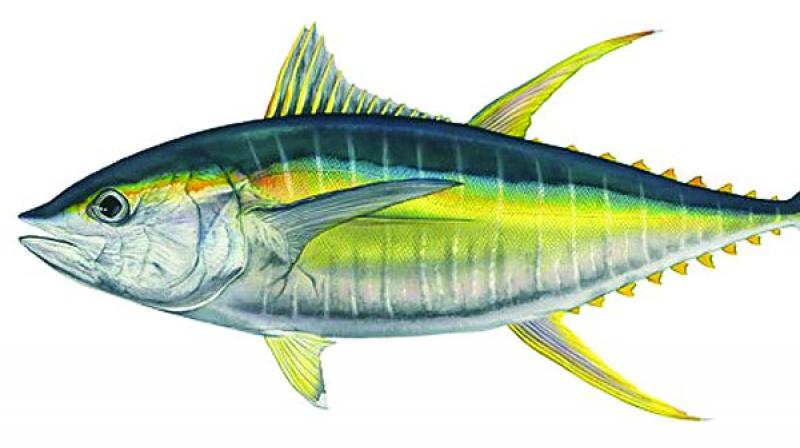Visakhapatnam: Many fish species stare at extinction

Visakhapatnam: Many fish species on the Vizag coast continue to lose their habitat and are slowly disappearing due to rising sea pollution owing to release of untreated sewerage and other toxic elements into it. Environmentalists opine that the coastal fishes, having low temperature resistance, are either being killed or moving away from the shore due to release of hot water from power plants, after being used for cooling purpose.
Dr. Shubhadeep Ghosh, senior scientist at Central Marine Fisheries Research Institute (CMFRI), Visakhapatnam regional centre said, “There are many fish in danger on the Vizag coast under the impact of industrial effluents being released into sea. Hilsa, Lethrinus, Polynemus and Threadfins are the major fish species experiencing threat in the coast as per our surveys. The fish die in large numbers at times.”
“For instance, the juveniles of Lethrinus need seagrass beds while the adult ones breed in rocky areas. As the seagrass on the coast is degrading, this fish species is also slowly facing extinction,” he added. The existing sewerage plants of the city can treat only 52 per cent of the sewage generated. So a large amount of sewage is ebing released into the sea untreated.
AU environment department professor E.U.B. Reddi said oil spills from the port and also hot water released from the thermal power plants are major threat to fish. “The fish will have different temperature resistance power. So, those fish that cannot bear the temperature rise due to hot water effluent are vanishing at an alarming rate.” The environment professor also attributed depletion of dissolved oxygen-level at some stretch of the coast due to dumping of organic materials. “The bacteria decompose the organic wastes and the increased concentration of bacteria in the marine ecosystem leaves less dissolved oxygen for fish.” he added. Senior scientist Mr Ghosh also pointed out the blocking of mouth rivers, in the coastal areas due to human intervention and pollution has led to collapse of Hilsa fish.

